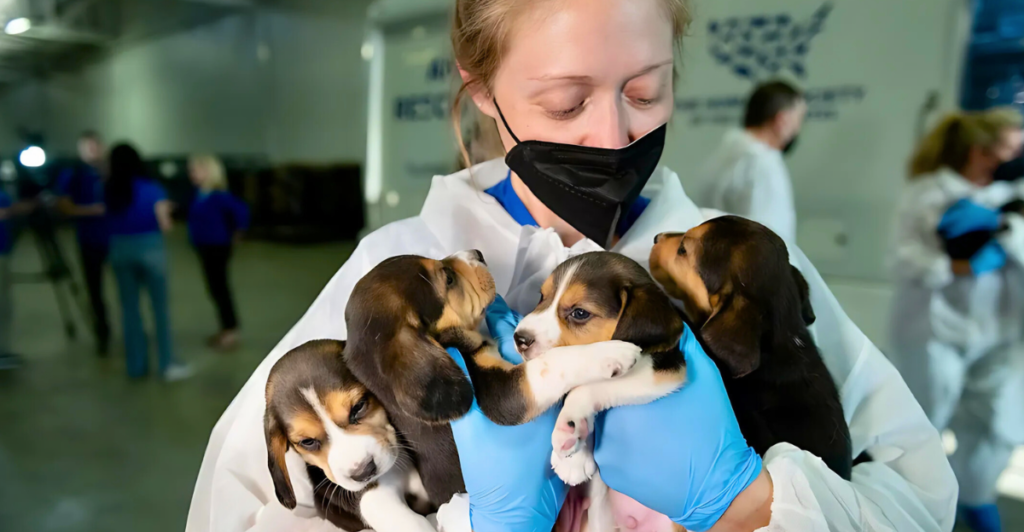
In 2022, the world witnessed the rescue of 4,000 Beagles from a breeding facility in Virginia, U.S. The dogs had been used for testing by the pharmaceutical industry. The non-profit organization, The Humane World for Animals, was pivotal in helping these animals find new homes. This rescue mission is one of history’s most significant animal welfare efforts. These Beagles were freed after years of suffering, which sparked global discussions about the ethics of animal testing.
The Beagle Testing Facility
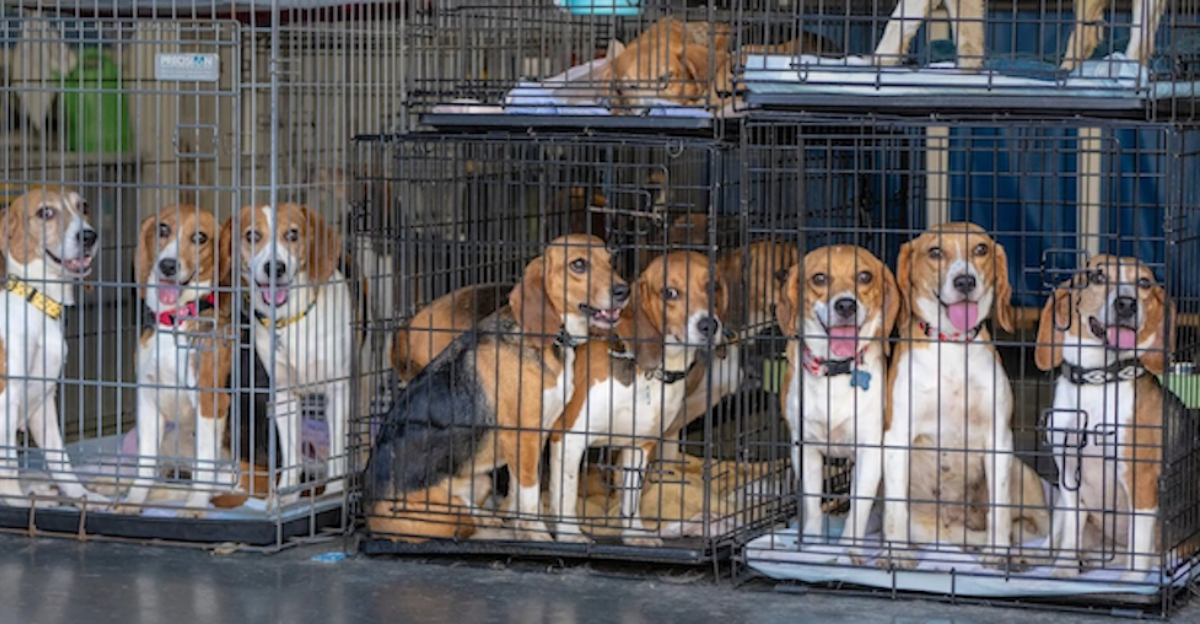
The breeding and testing facility in Virginia, known as Envigo, had been supplying Beagles to research labs for pharmaceutical testing. Beagles are commonly used in lab settings due to their gentle nature, making them ideal for testing. Investigations revealed horrific conditions, including poor living spaces and neglect. The Beagles were explicitly bred for experiments, exposing them to harmful substances without proper care or protection. The facility was found to violate multiple animal welfare laws.
The Role of The Humane World for Animals
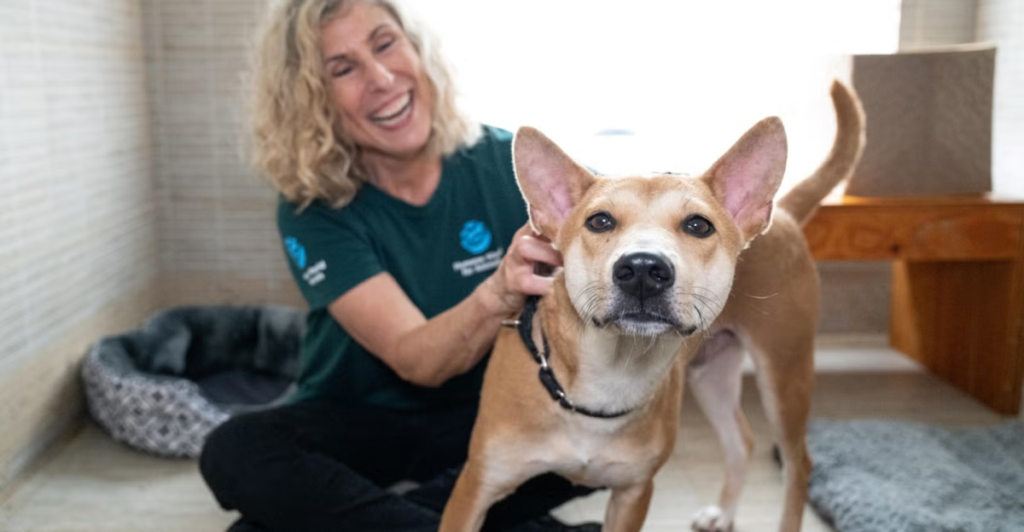
The Humane World for Animals, a prominent animal rights organization, spearheaded the efforts to rescue the Beagles. Their team coordinated the operation with several local shelters and organizations to ensure the dogs were safely transported and rehomed. They worked tirelessly to ensure the Beagles received medical care, rehabilitation, and socialization. The mission received widespread support from animal rights activists, celebrities, and the general public.
The Beagle Breed and Its Use in Research

Due to their docile temperament, beagles have been used in scientific research for decades, especially in pharmaceutical testing. However, ethical concerns about using animals in such experiments have grown in recent years. Despite these concerns, researchers continue to favor beagles because of their manageable size and ability to be easily trained. The rescue of these dogs raised important questions about the treatment of animals in scientific testing environments.
The Conditions Inside the Lab Facility
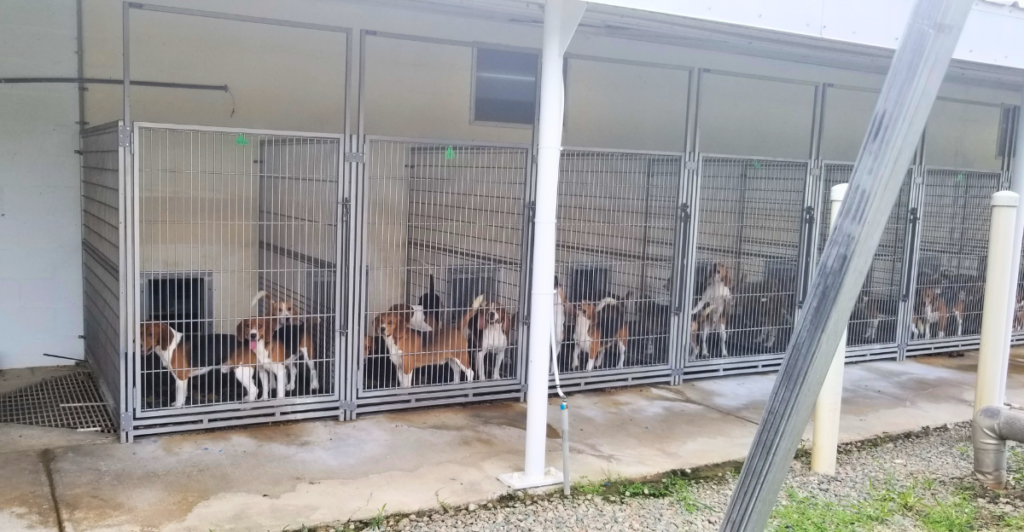
Reports from animal welfare organizations painted a grim picture of the conditions at the breeding facility. Many Beagles were kept in overcrowded, unsanitary cages. There were also accounts of improper veterinary care and neglect. In addition to physical suffering, the Beagles were often subjected to painful tests. The lack of proper living conditions and humane treatment led to investigations by the U.S. Department of Agriculture (USDA) and multiple animal rights groups.
The Public Outcry and Media Attention

The rescue mission gained substantial media coverage, raising awareness about the realities of animal testing. Major media outlets, including CNN and BBC, reported on the conditions within the breeding facility, sparking public outrage. People worldwide supported the Beagles and demanded stricter regulations on animal testing. This public outcry further fueled legislative actions to reduce the number of animals used in testing.
The Legal Implications and Investigations
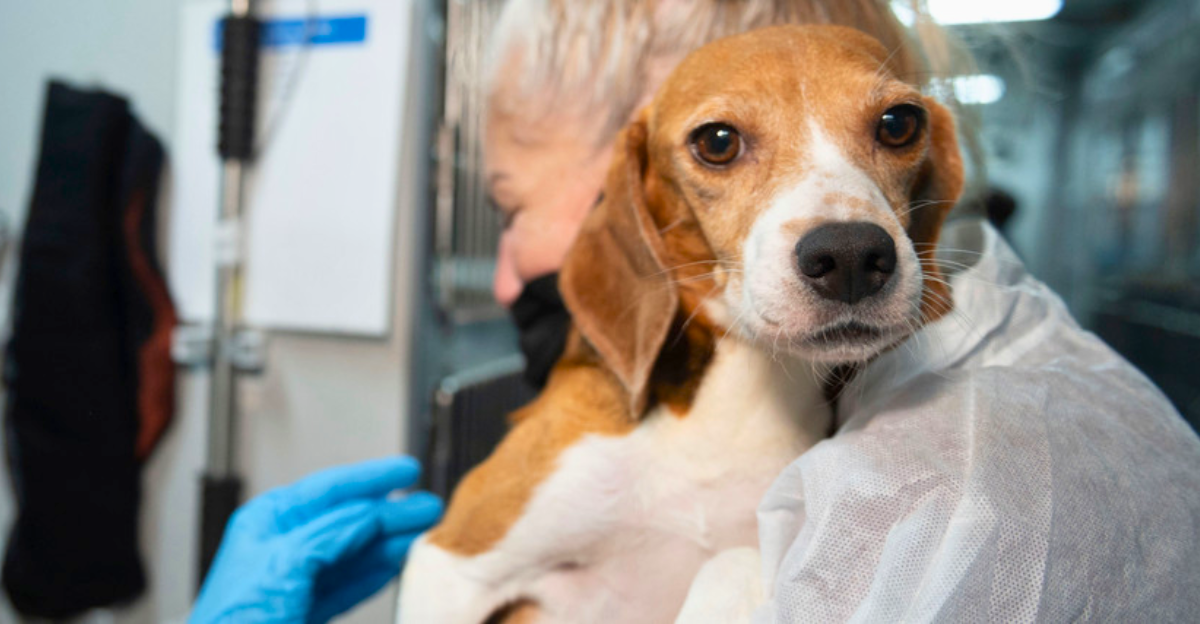
Following the rescue of the Beagles, legal proceedings began. Investigators from the USDA and animal rights groups filed numerous complaints against the facility for violating the Animal Welfare Act. In addition to the investigation into Envigo, discussions regarding potential policy changes in animal testing laws gained momentum. This case highlighted the need for more rigorous standards and enforcement in laboratories where animals are used for research.
Rehabilitating the Rescued Beagles

Upon their rescue, the 4,000 Beagles were given medical evaluations and care. Many required treatment for various health conditions, such as infections and malnutrition. Animal welfare experts worked to rehabilitate the Beagles, helping them regain trust in humans and learn basic socialization skills. Over time, the rescued Beagles showed remarkable resilience as they adapted to their new lives.
Finding Forever Homes for the Beagles

One of the rescue’s primary goals was to find loving homes for the Beagles. A network of rescue organizations and volunteers worked tirelessly to place the dogs in foster homes and permanent residences. By the end of 2022, most of the Beagles were rehomed, with many going to families who understood their needs and were committed to their well-being. Some Beagles were also adopted by retired military veterans.
Impact on Animal Testing Regulations
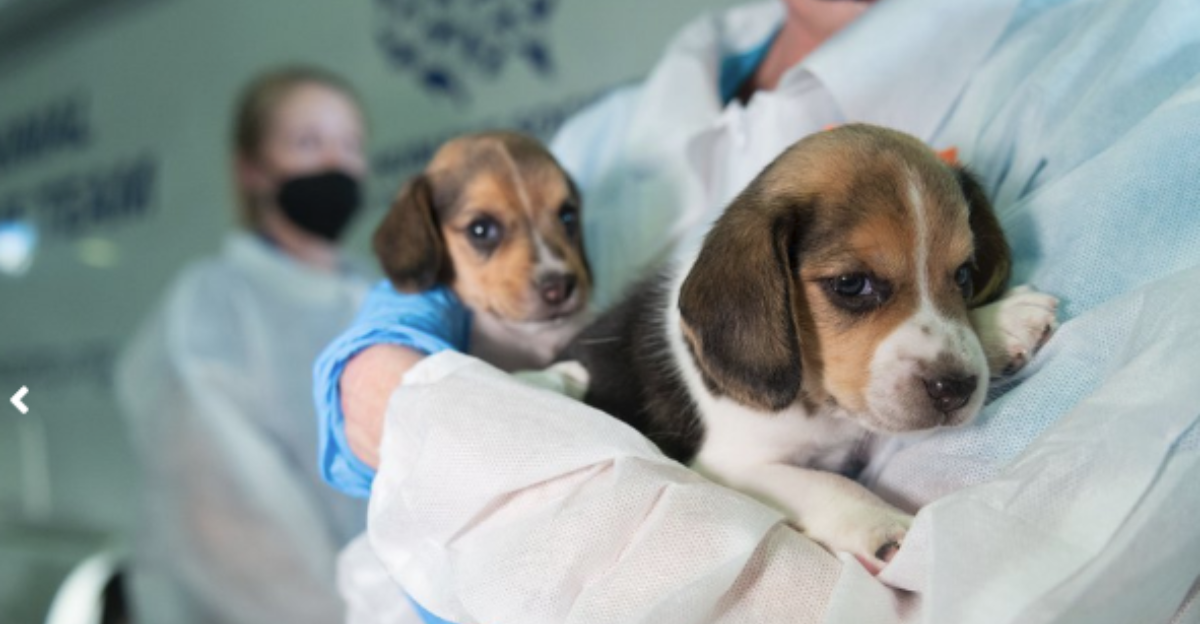
The successful rescue of the 4,000 Beagles prompted calls for stronger regulations in the pharmaceutical and research industries. Activists, legislators, and members of the public began pushing for policies that would reduce the number of animals used in research. This event emphasized the need for alternative testing methods, such as in-vitro and computer-based testing, which could replace live animals in experiments.
Alternatives to Animal Testing

As the debate over animal testing continues, scientists are exploring alternatives that could replace using Beagles and other animals in research. Methods such as 3D printing, organ-on-a-chip technology, and advanced computer models are being developed to reduce or eliminate the need for animal testing. These innovations offer hope for more humane and efficient research methods in the future.
The Ongoing Fight for Animal Rights
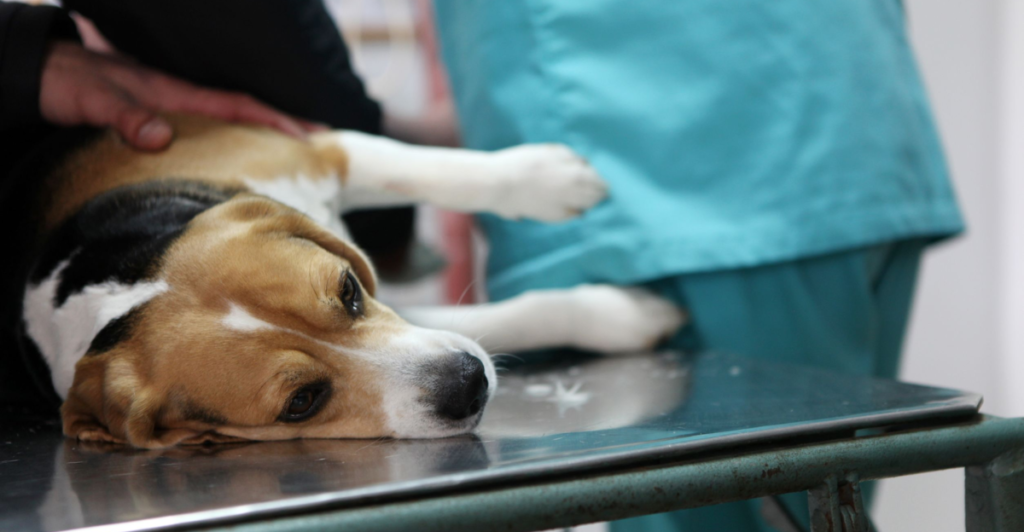
While the rescue of the 4,000 Beagles was a significant victory, the fight for animal rights continues. Organizations like The Humane World for Animals and others remain committed to ending the exploitation of animals in testing and ensuring that all animals are treated humanely. The Beagle rescue mission catalyzed further activism and change, reminding society of the importance of standing up for those who cannot speak for themselves.
A Turning Point in Animal Welfare
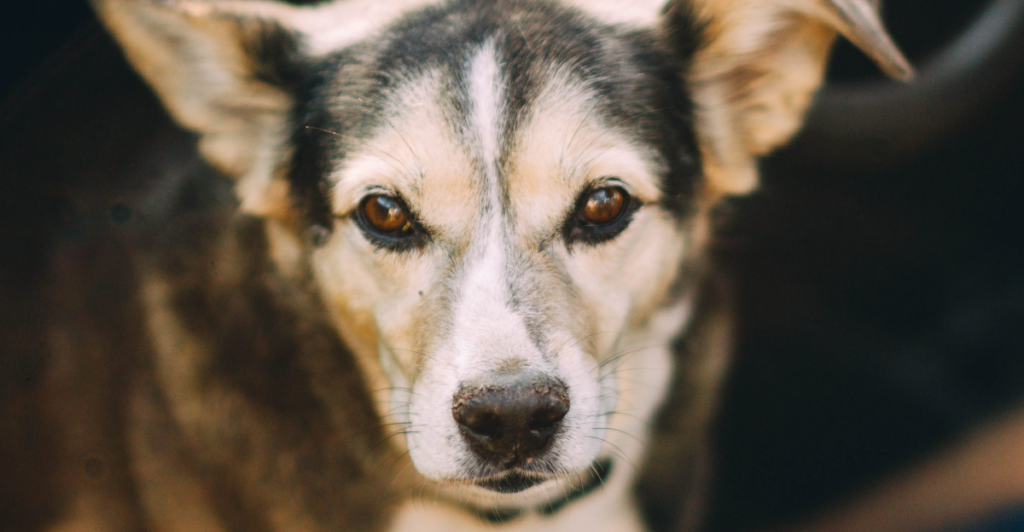
The rescue of 4,000 Beagles marked a pivotal moment in the ongoing discussion about animal rights and research ethics. This event brought attention to the often-overlooked realities of animal testing and highlighted the power of collective action in creating meaningful change. While challenges remain, the rescue is a hope for future efforts to protect animals and reduce harm in scientific testing.
Explore more of our trending stories and hit Follow to keep them coming to your feed!
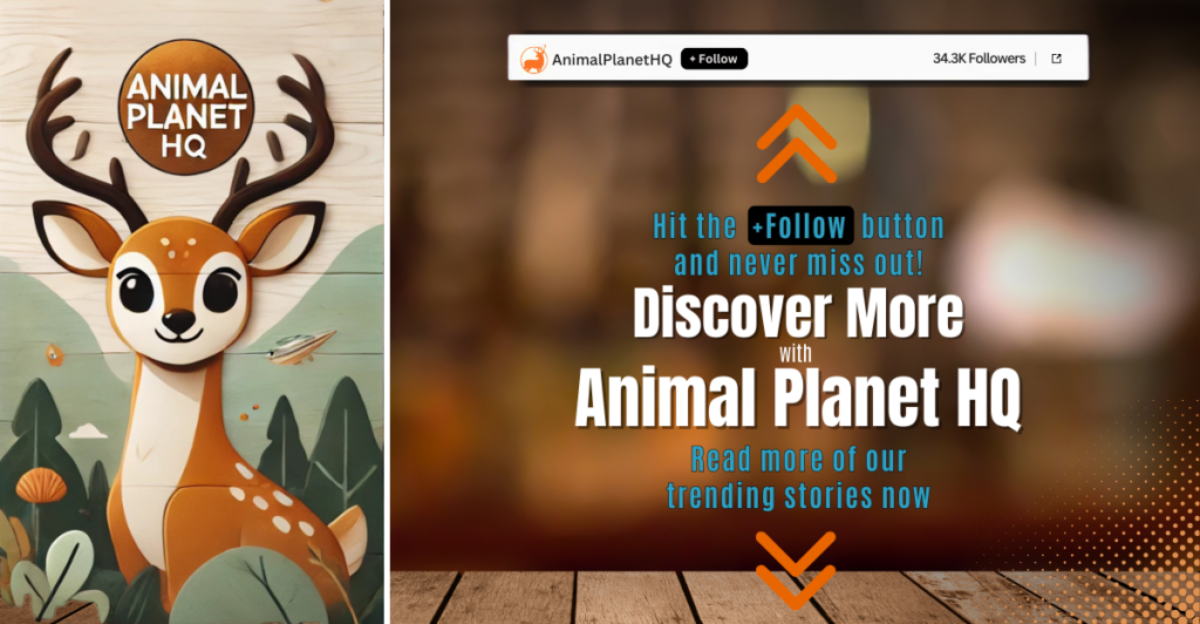
Don’t miss out on more stories like this! Hit the Follow button at the top of this article to stay updated with the latest news. Share your thoughts in the comments—we’d love to hear from you!







